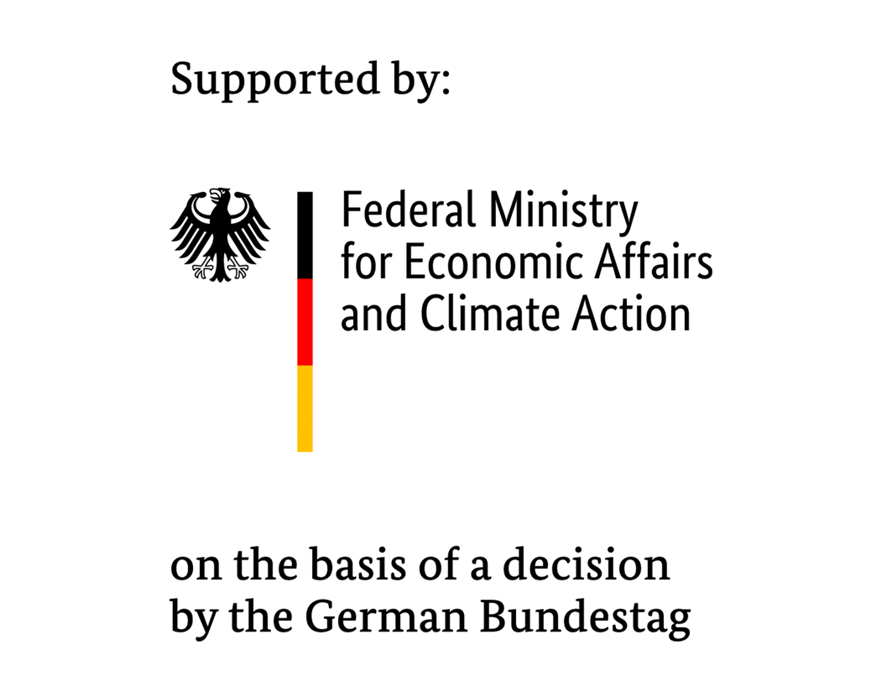At a glance
- Given the extreme cost pressure on the one hand and the increasingly complex topographical conditions on the other, there is significant demand for clarity in terms of the site quality and possible current energy yield when planning wind farms.
- The elaborate numerical simulations which are required in such cases are inevitably linked to a degree of uncertainty.
- Within the scope of the SUnDAY research project, the project partners are therefore identifying the scale of the individual error sources of CFD (computational fluid dynamics) simulations in order to determine their inherent uncertainty.
- As part of a sub-project, the Fraunhofer IWES is developing a software-assisted site classification system, which will help to estimate the anticipated uncertainties.
The challenge
Wind energy makes up an ever-growing share of power consumption in Germany. This success has had a number of consequences: On the one hand, given that there are almost 30,000 wind turbines (as of 01/2020), the number of potential new sites is dwindling. For this reason, wind farms are now increasingly being set up on complex terrain, in forests, and on hilly sites. On the other hand, following the switch from statutory prescribed feed-in tariffs to tendering, the economic pressure on planners has increased. As such, there is a growing need for detailed information on the quality of the site right from the early stages of planning.
The solution
Information on the site quality and possible energy yields of a wind farm which is still being planned can only be ascertained with the aid of simulations. These simulations, however, are always plagued by uncertainty. Awareness of uncertainty factors and their influence is essential for simulation results to be usable. Uncertainties flow directly into the calculation of the so-called P75 and P90 values. These are important key figures for project assessments and are used, for example, by banks and for tendering. Moreover, it is hoped that the findings will improve the reliability and comparability of the calculation methods.
The “Simulation uncertainties for the detailed assessment of wind energy yield (SUnDAY)” research project focuses on quantifying uncertainties. It will provide quantitative findings on the scale of the individual error sources of CFD simulations for wind farm site assessment. Examining and comparing the sources of uncertainty will also make it possible to determine the causes of such sources, analyze them in detail, and control them in perspective.
The added value
In the “Scientific implementation and method development” sub-project, the Fraunhofer IWES is responsible for developing program modules for software-assisted site assessment as well as methods for quantifying a wide range of sources of uncertainty. A validated site classification system should ultimately gauge the anticipated uncertainties linked with future sites even before simulations are performed. In the long term, this can contribute to standardizing CFD simulations for site evaluations.
